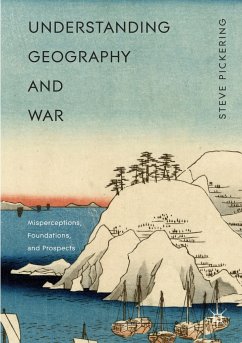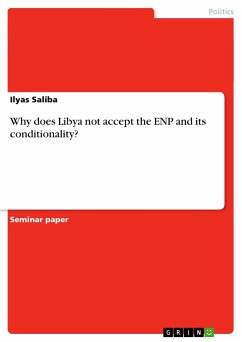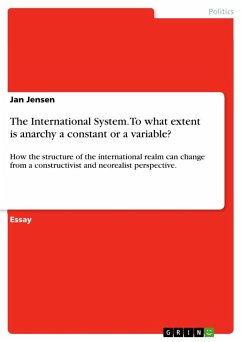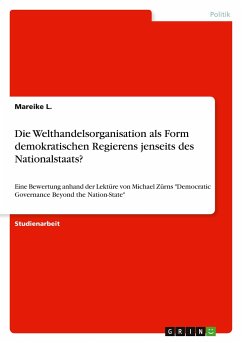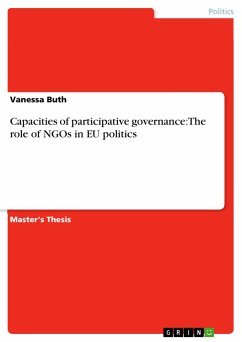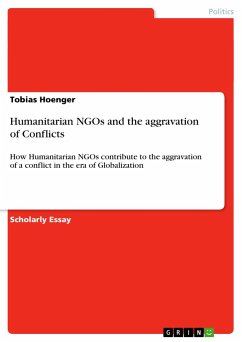
Humanitarian NGOs and the aggravation of Conflicts
How Humanitarian NGOs contribute to the aggravation of a conflict in the era of Globalization

PAYBACK Punkte
0 °P sammeln!
Scientific Essay from the year 2013 in the subject Politics - International Politics - Topic: Globalization, Political Economics, grade: 92, , language: English, abstract: NGOs often define their mission as a work with people who need help and cannot count on official government or foreign aid. NGOs in conflict settings have saved lives, protected human rights, helped in post-conflict development and more. However, NGO record is not without problems and in the age of growing conflict complexity and intractability, non- governmental organizations in transnational work are facing a major duty. T...
Scientific Essay from the year 2013 in the subject Politics - International Politics - Topic: Globalization, Political Economics, grade: 92, , language: English, abstract: NGOs often define their mission as a work with people who need help and cannot count on official government or foreign aid. NGOs in conflict settings have saved lives, protected human rights, helped in post-conflict development and more. However, NGO record is not without problems and in the age of growing conflict complexity and intractability, non- governmental organizations in transnational work are facing a major duty. This paper aims to explore problems of NGOs working in or on a conflict. The literature on NGOs and conflict has been growing remarkable during the last years. A big part of the literature is dealing with conflict resolution or peace building activities of NGOs or in general non-state actors. Quiet smaller is the number of literature on negative impacts of NGOs on a conflict. Within those bibliographies we often find the negative impacts of humanitarian aid. In the light of the post-Cold War era, where NGOs gained importance in transnational politics, problems caused by NGOs should not be disregarded. This leads to the question of this paper: What are negative effects of humanitarian NGOs in Conflict intervention and how can they be minimized? For addressing this question, this paper shows on first hand, impacts of the globalization process, which directly relates to the growing importance of NGOs. In a second step, it deals with the issue of NGOs involved in conflict. In that chapter also lies a first philosophical approximation of problems of the humanitarian debate. For a broader understanding, techniques of NGOs in conflict will be covered. Finally, specific negative impacts of humanitarian NGOs will be exposed within different dimensions. Once criticism has been exercised, there is (always) a need to give suggestions for improvement. What NGOs (and especially humanitarian NGOs) can do to overcome the negative impacts on a conflict, is considered as a major part of this paper.




